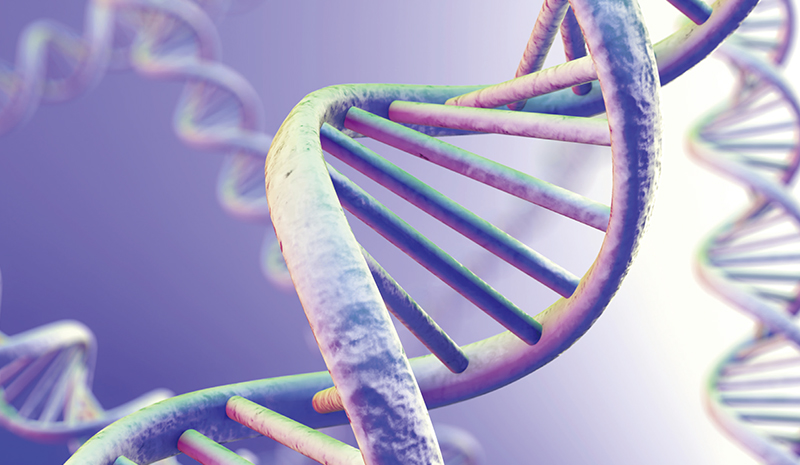
A worldwide investigation into the happiness of various ethnic groups has shown a significant link between genetic makeup and perceived happiness.
A joint study by Prof. Michael Harris Bond at PolyU's Department of Management and Marketing and Prof. Michael Minkov at Varna University of Management in Bulgaria analysed self-evaluated degrees of happiness in various countries and regions. This was achieved by summing the ratings (very happy, fairly happy, not quite happy and unhappy) from the World Values Survey (2000-2014) and comparing them with A allele genetic data from the same places.
The findings showed that nations with the highest prevalence of the A allele are those in which citizens perceive themselves happiest. These included Ghana and Nigeria in West Africa and northern Latin American nations such as Mexico and Columbia. In contrast, citizens in Arab nations (Iraq and Jordan) and East Asian nations (Hong Kong and the Chinese mainland, Thailand and Taiwan), with the lowest prevalence of the allele, were the least likely to rate themselves as “very happy”.
The presence of the A allele in the fatty acid amide hydrolase gene variant can enhance sensory pleasure and alleviate pain. The correlation between this allele and self-evaluated happiness was thus particularly strong, stronger even than the influential factors of wealth, social stability and disease. This explained why Nigerians reported feeling happier than Germans, and why people in nations with high incidences of homicide and robbery (such as in northern Latin America and Sub-Saharan Africa) reported high levels of happiness.
Further explicating the findings, Prof. Bond noted, “Climatic differences are also significantly associated with national differences in happiness.” Higher occurrences of the A allele were found in equatorial and tropical environments in the Americas and Africa, and lower occurrences were found around the Mediterranean Sea than in Northern Europe. According to Prof. Minkov, it seems that some equatorial and tropical environments select for a higher occurrence of the A allele as a counterbalance to environmental stressors.
The findings have been published in the Journal of Happiness Studies. ♦


